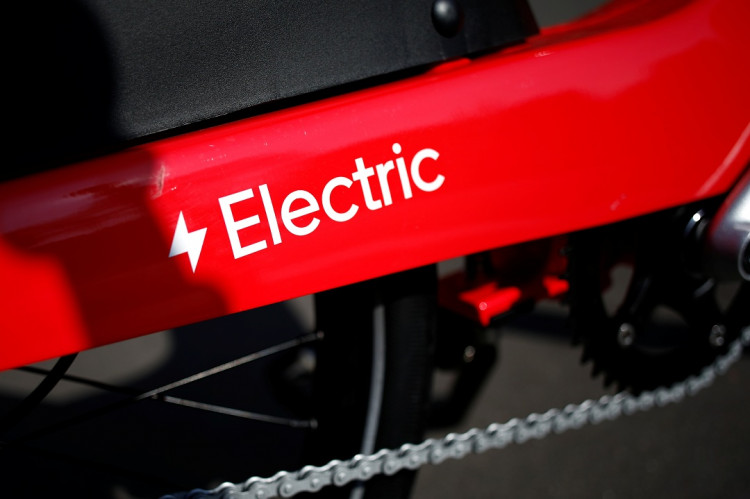China has now passed new national standards for all electric bicycles in the country. The new standards took effect on April 15 and will apply to all manufacturers and shared electric bicycle providers. The standards will replace the previous one, which was issued back in 1999.
According to the new standards, all electric bicycles must have manual pedal functions and maximum speeds have been set to 25 kilometers per hour. Bicycle weight, including its battery, has also now been restricted to a maximum of 55 kilograms. Additionally, battery voltage has been limited to 48 volts, while electric motor power is now only limited to 400 watts.
To improve user safety, all electric bicycles must now sport tamper-proof and fire-proof charging systems with overcharge protection. All bicycles that do not meet the new standards moving forward will be classified as electric motorcycles, which mean that they must be registered and license plates for the vehicles must be obtained. Drivers of vehicles classified as electric motorcycles will be required to have driver's licenses.
China enacted these new policies as a way to standardize the growing number of electric bicycle manufacturers and bike-sharing startups now spread across the country. This includes the relatively new bike-sharing firm Mobike, which launched its fleet of electric bicycles in July of last year. More established companies such as Didi Chuxing, which launched its fleet of shared electric bicycles in Hangzhou, Zhejiang province will also now have to follow these regulations moving forward.
Some provinces in China are still reluctant to embrace the bike-sharing sector, stating safety concerns over battery charging hazards. The new standards are also meant to address those fears, which should ease concerns in cities such as Tianjin, Hangzhou, Beijing, and Shanghai. According to industry analysts, shared electric bicycles are the inevitable evolution of shared bicycles, which are already found in major cities around China. As time progresses, more and more cities will eventually adopt the new trend as electric bicycles become more popular. Transportation costs in second and third-tier cities are quite expensive, which means that more and more people will prefer shared electric bicycles for their daily commute.
The new electric bicycle standard was a collaborative effort of the State Administration for Market Regulation, the Ministry of Industry and Information Technology, and the Ministry of Public Security. The regulators acted in response to added pressure placed on them to step up their management of emerging technologies such as electric bicycles in the country.






